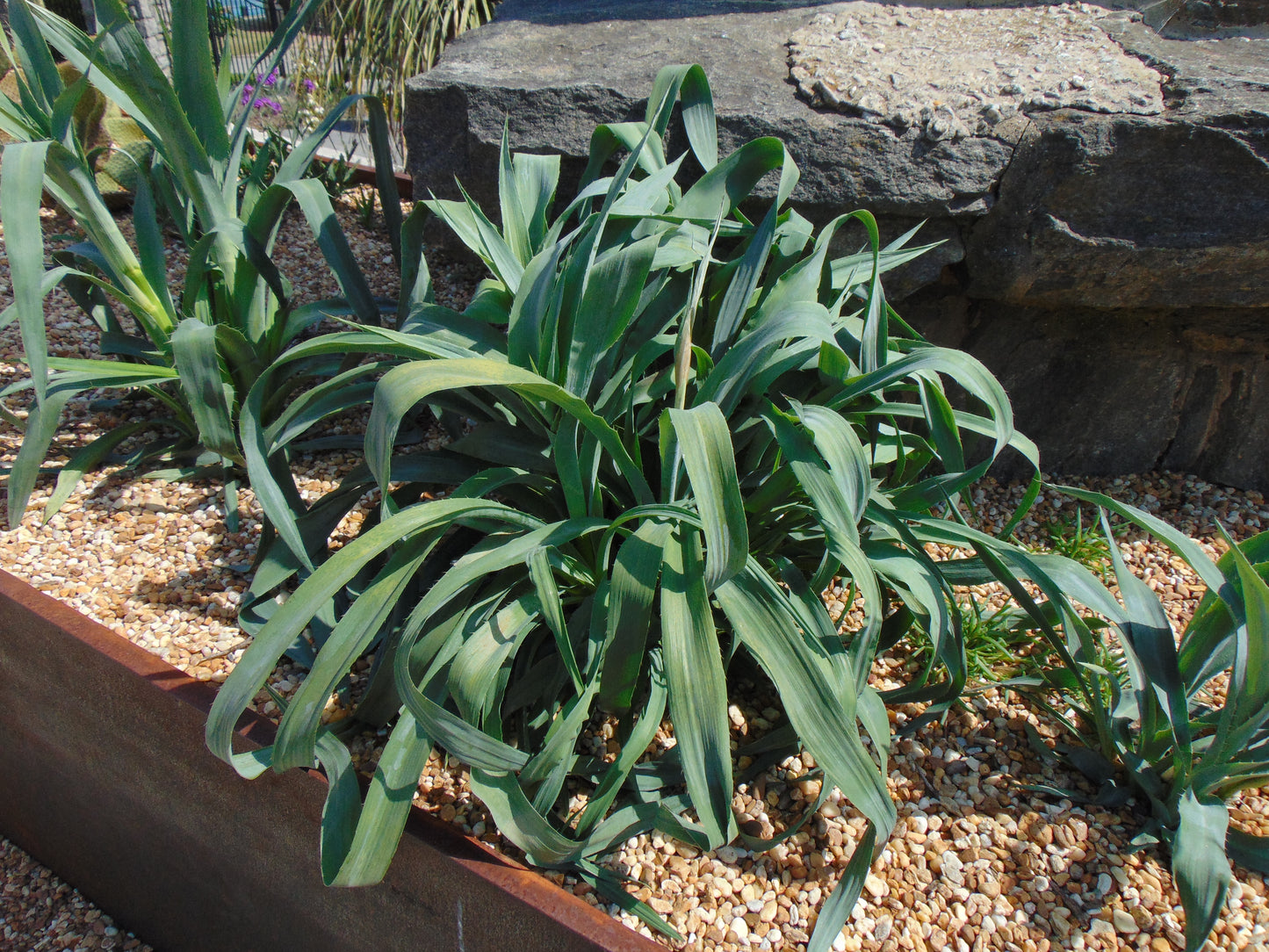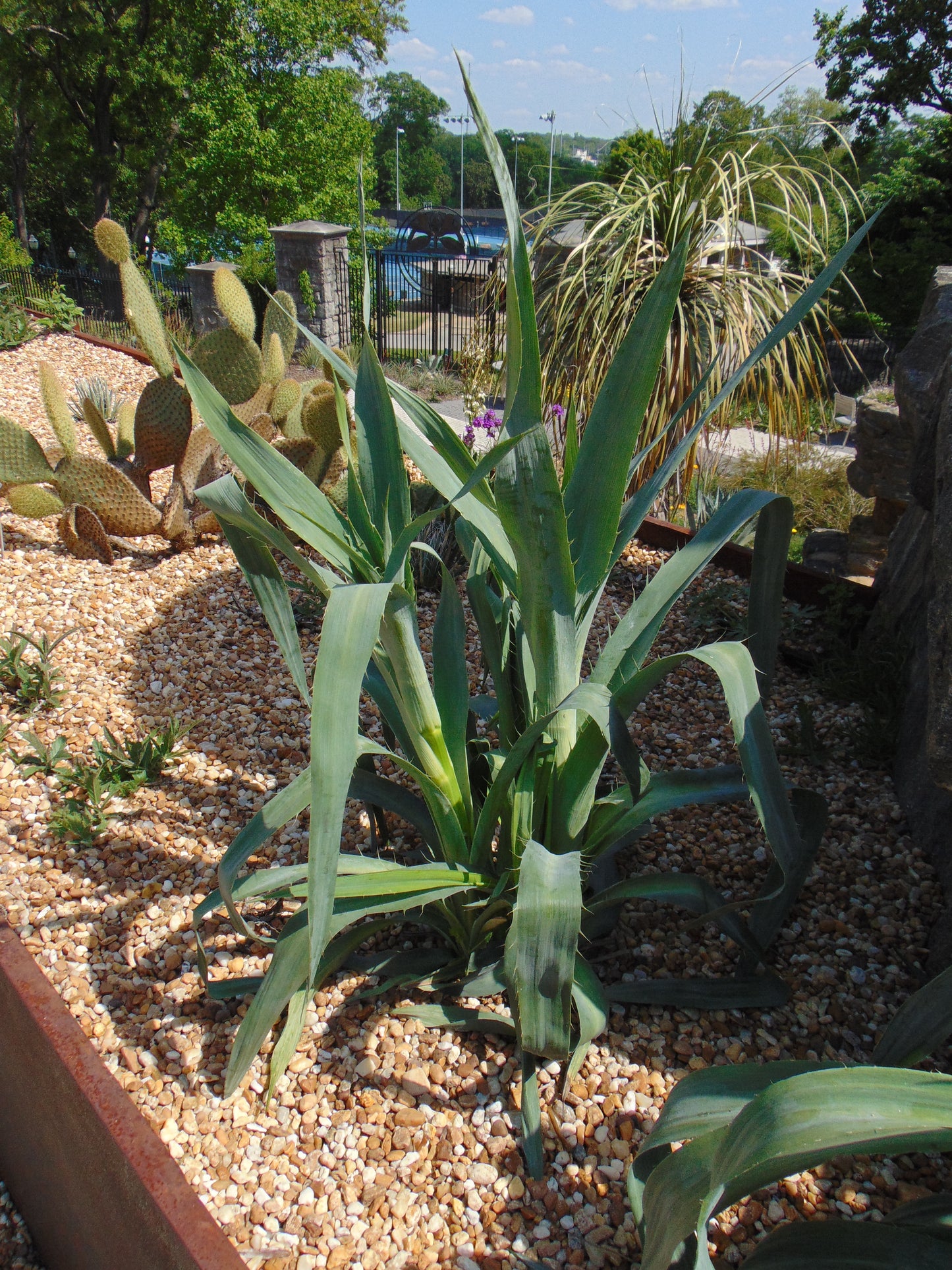Floridaseeds
Rattlesnake Master Eryngium yuccifolium 500 Seeds
Rattlesnake Master Eryngium yuccifolium 500 Seeds
Couldn't load pickup availability
Eryngium yuccifolium, commonly known as rattlesnake master or button eryngo, is a herbaceous perennial plant native to central and eastern North America. It belongs to the Apiaceae family, which also includes carrots and parsley.
This striking plant is characterized by its unique appearance, with basal rosettes of stiff, sword-shaped leaves that resemble those of yucca plants, hence the species name "yuccifolium." The leaves are typically bluish-green and have sharp spines along the edges, giving them a somewhat prickly texture.
In summer, tall, branched flower stalks emerge from the center of the rosettes, reaching heights of up to 4 to 6 feet (1.2 to 1.8 meters). The flowers are small and greenish-white, tightly clustered together in spherical heads that resemble thistles. These flower heads are quite attractive to pollinators like bees and butterflies.
Rattlesnake master is known for its tolerance to a variety of soil types, including clay and sandy soils, as well as its ability to thrive in full sun to partial shade. It is often found in prairies, savannas, and other open habitats. In addition to its ornamental value in gardens and landscapes, rattlesnake master has a history of traditional medicinal use by Indigenous peoples.
In landscaping, rattlesnake master is prized for its architectural form, drought tolerance, and ability to attract pollinators. It pairs well with native grasses and other prairie plants in naturalistic plantings and wildflower gardens.
Growing Instructions
The seeds have a period of dormancy. They can be planted outdoors in the fall or winter for spring germination or they can be cold stratified to simulate winter conditions and to break their dormancy at any time of the year.
- Place the seeds in a plastic bag and seal it. Store the bag in a refrigerator for 3-4 weeks.
- The seeds like moist, well-drained soil. Fill a pot with a mixture of half potting soil and half sand or vermiculite. Water the mixture so that it is moist but not wet.
- Sow the seeds on the soil and cover them with a thin layer of soil.
- Water the container and leave it to drain.
- Put the pot in a warm, sunny area.
- Water the pot regularly so that the soil is moist but not wet.
- The seedlings can be transplanted when they are a few inches tall.










